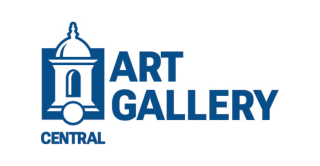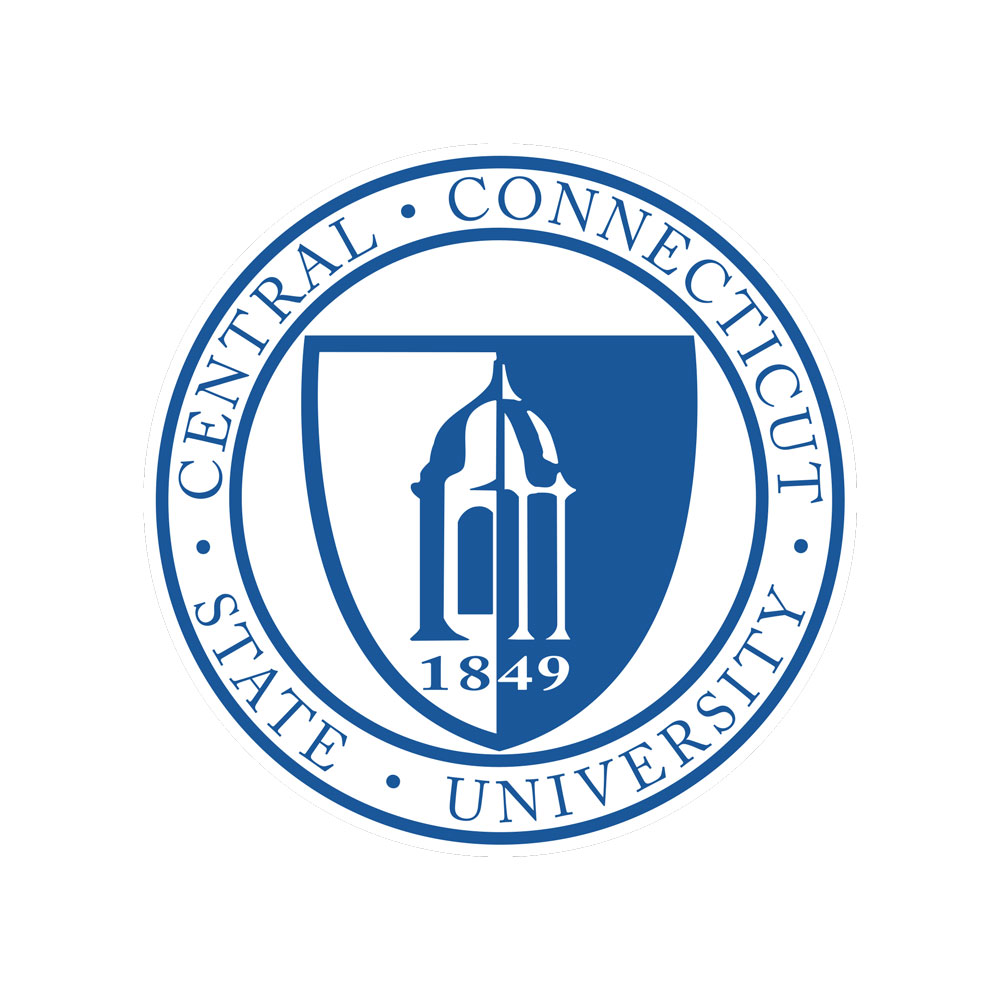
FAQs for the Bachelor of Science degree in Secondary English Education
What are the requirements for the program?
The requirements and general information regarding the English B.S. with Secondary Education Certification are set out on the other pages of this very CCSU English website, in the tabs specific to the undergraduate program in English for Secondary Certification. Be sure that you have read and understood them as they contain key information regarding the program.
When do I apply to the program?
Students normally apply to the program during their 4th or 5th semester, depending on their overall coursework to date, GPA, and GPA in the Major. For transfer students, applying to the program depends on transfer credits in both Gen Ed and the major. For either applicant it is necessary to have a face-to-face meeting with your content area advisor before applying. Other pages on this site contain more detailed information about course requirements and minimum grades and GPA.
Where do I find the program application material?
The program admission information on this site as well as the Teacher Preparation page from The School of Education and Professional Studies contain the information and direction you need.
How important is advising and who will be my advisor?
Contacting your assigned advisor to be advised is the single most important task for the applicant. They are your first point of support for your long- and short-term academic plan. The advisor directs you through your academic map in relation to your appropriate plan of study. You should arrange an introductory meeting with your advisor well before you are ready to apply to the program and be ready to use the information on this site to guide your discussion.
Once you are admitted to the program, you can seek advising from the Director of the program.
Can I prepare for my advising meetings?
Yes, one should always be prepared for a meeting with an advisor. It is best to have questions regarding course sequences so that you can plan out your semester schedules in detail (and make a Plan B should your original course plan not work out). Also, if you have any questions about your academic situation, your advisor is the go-to individual, always.
What is the program interview?
The program interview is the last stage of applying to the program. Passing the interview grants one admittance to the upper-level education course work necessary to finish the program and become certified, assuming all university and state requirements are completed as well.
The interview consists of a series of academic questions based on your content area knowledge, and you will be contacted ahead of your interview with further information. Most students find that keeping their notes and syllabi from earlier courses helps them review material and prepare for the interview. English faculty ask you these questions during a half hour session. The interview is seen as a conversation where the applicant answers questions in order to demonstrate an understanding of literature, literary study, and writing. It is important to understand that this interview is based on the candidate's academic knowledge, skills, and processes in the field of English; it is not about teaching per se. Candidates are sent the interview questions in advance, and a pre-interview information session is offered several days before the interviews take place.
How does one fail the interview?
One fails the interview by not preparing to discuss and reflect on their work as an English major. That is, not being able to articulate knowledge about literature and literary study in a concise, straightforward manner, reciting a word-for-word memorized answer without being able to respond adequately to follow up questions, or appearing to treat the interview (or your preparation for it) without a seriousness of purpose. Laughter and joviality about literature is fine! Dismissive, short-sighted, or canned responses are not. We are looking for thoughtful engagement, lively conversation, and incisive commentary befitting your level of study and career intentions.
What happens if someone does not get accepted or decides the program is not for them?
If a candidate does not get accepted, there are a few routes to consider. Generally, they have two: 1. They can work with their advisor to discuss completing the B.A. in English or other major course of study. Some students who take this route decide to leave the door open to return to a certification program later as a post-baccalaureate student or as a graduate student after earning their B.A. in English. Most students who elect to move to the B.A. during their application semester can often complete their degree without adding time-to-graduation. 2. They can reapply the following semester when their GPA and/or preparation for the interview is stronger. In some cases, students have the time in their plan of study to use another semester to prepare for the demands of the program and come back stronger the second time around. In other cases, students decide to do that same preparation by taking courses that might also align with a B.A. degree so they are still working towards a degree, and then if they are accepted to the certification program, push back their intended graduation date to complete it. If a student does not get accepted the second time around, then they are generally counseled out of the program.
We have seen students take each of these routes with success. Discussing your situation with your advisor and your support system is often the best course of action to determine what makes sense for you.
Is there a suggested sequence for the certification-related courses?
There are important facts and guidelines to keep in mind, but there is also a bit of flexibility in terms of order and pace. Most students, for instance, maintain full-time status in each semester of coursework, but there are some who choose to study part-time during some semesters prior to student teaching and adjust their sequence and pace accordingly. The best way to determine a sequence that works for you is in conversation with your advisor and by consulting the curriculum sheet and sample academic map, which are linked at the bottom of our program’s main page.
That said, there are a few items to keep in mind:
● EDSC 435 and ENG 435 are the only two courses for which you are allowed to register during your student teaching semester; they provide the student teaching experience itself and the accompanying 1 credit seminar. CCSU prohibits you from registering for any other course that semester since student teaching is an immersive experience that follows a full-time secondary teaching schedule and requires significant dedication.
● Our candidates student teach during spring semesters only, so it is useful to plan backwards from there.
● ENG 420, ENG 421, and EDSC 425 must be taken concurrently during the fall before you student teach. EDSC 425 requires a field experience component that overlaps with ENG 421; these are the only two courses that allow you to double count your field experience hours.
● ENG 402 and 406 are fall-only courses; ENG 407 and 408 are spring-only courses. They can be taken in any order, and many students take them concurrently in their respective semesters. However, if you enter the program early and have room for just one during your first semester of program study, talk with the Program Director about which is best for you.
● EDTE 316 is a prerequisite for LLA 440 and EDSC 425, so most students take it during their first semester of certification-related coursework.
● Program admission is required to take all courses listed above.
● Though not a certification-related course like those above, ENG 398 is a course that we suggest that you complete before or as soon as possible after being admitted to the program. It is a prerequisite for other 400 level literature courses, and it provides you with important knowledge and skills to bring into ENG 407 your other English pedagogy courses. Please see the academic map and curriculum sheet for further details.
Depending on when full-time students are admitted to the program, they tend to need at least three semesters to complete it. That’s at least two semesters of remaining pre-student teaching coursework, plus a semester of student teaching. Students who apply and are accepted to the program earlier than their fifth semester of study tend to spread their pre-student teaching coursework out over three semesters.
If you have room in your schedule for other courses aside from those required for your plan of study, we encourage you to explore your interests! Talk with your advisor and/or the Program Director about what makes sense for you.
Can I complete a minor while studying for my teacher certification in English/Language Arts?
A minor is not required for the B.S. in Secondary English Education. The program itself is already quite demanding in terms of its scope and its credit load. To a certain extent, you can think of this program as already asking you to do, credit-load-wise, the approximate equivalent of a major/minor in English and Education. However, some students do add a minor to their certification studies and enjoy it very much. It will take some detailed advising and course planning, and likely some summer courses or credit overload semesters if you are a full-time student, but several students who have completed our program successfully have also minored in areas such as Creative Writing; Women, Gender, and Sexuality Studies; Spanish; Psychology; and History. It’s best to consider your aims, interests, motivation, and time commitments if you are thinking about a minor, and you should discuss it with your advisor.
What are the requirements for certification? Do I just complete the program at CCSU?
Successful completion of coursework and student teaching through CCSU is part of an approved pathway to certification, but it is not your only step. The state of Connecticut grants the teaching certificate after a candidate:
● Completes a bachelor's degree and an approved program of professional study;
● Passes required tests for teachers; and
● Is recommended by the Certification Officer in the office of the dean of the School of Education and Professional Studies.
In English/Language Arts, the key tests to be completed after program admission but before certification are the Praxis II subject test in Secondary English/Language Arts (Content and Analysis) and edTPA.
● The Praxis II in English Language Arts (Content and Analysis, #5039) is a multiple choice and essay test which must be completed successfully prior to applying to student teach, which you do at the start of the semester before student teaching. The student is responsible for registering for the test, finding a test center, selecting a test date, and doing any test prep they feel they need to do. You can read more about the Praxis tests here.
● edTPA is the current performance task required by the State of Connecticut, to be completed during the student teaching semester. You will receive detailed information about how to submit your edTPA materials when you get to that stage, but you can explore more about it here. There is no sit-down test center for edTPA, nor is it a timed test.
You can learn more about how teacher preparation programs work at CCSU as well as info about CT and out-of-state teacher licensure on this page from The School of Education and Professional Studies and this one from the Office of School/Community Partnerships.
Did I see something about applying to student teaching--even after I have been admitted to the professional program and have been successful in my coursework? Why do I have to apply for that last step if I’m already in good standing?
Yes, there is a separate application for student teaching, and that’s for a couple of reasons. First, it originates a final check on coursework to date, GPA overall and in major, and Praxis II scores, all of which must be satisfactory before CCSU puts a teaching candidate in the field. That placement is high impact and high stakes: the student teacher takes over full teaching duties from their cooperating teacher, who acts as a mentor as the semester progresses, and it is the experience that will launch them into the job market and into their own classroom as an early career teacher. Second, the application goes not to the program faculty who admitted you to the program itself, but to the Coordinator of School/Community Partnerships at CCSU-- and then gets sent to area CT districts and their teachers who ultimately determine whether they will take a particular student teacher into their classroom. Thus, it is a crucial step in your professionalization as you move into the field.
You apply at the start of the semester before you are slated to student teach because the placement process takes time, and some district teachers may also request that you interview with them before they accept you as an apprentice in their classroom. The English Education program puts student teachers in the field every spring, so you’d apply by September 15 during the fall prior. You can learn more about that process in the Professional Program for Certification Handbook, linked from the School of Education and Professional Studies’ Teacher Preparation website, as well as on the Office of School/Community Partnerships web site.
Do I have to find my own field experience placements prior to student teaching?
No. The Office of School/Community Partnerships works with relevant course instructors to facilitate your placements for required field experience components.
If I have a contact--like a family member or family friend--in a CT school already, can I just work with them?
Not normally, no. The Office of School/Community Partnerships at CCSU cultivates relationships with area districts with frequent collaboration and longevity in mind, and students are placed in settings where they can grow professionally. Field placements are formal and formative: they help you build the professional identity and relationships that expand your experience as well as the network of folks you know in the field of education.
Are there general expectations for Secondary English Education students in the CCSU classroom?
Secondary English Education candidates are held to high standards in terms of content area knowledge, disposition, and skills, and the School of Education and Professional Studies as well as the English department are invested in each candidate’s cultivation of these aspects of their developing teacherly self. Any professor who teaches a candidate can be asked by the Program Director for feedback regarding these standards, and the School of Education and Professional Studies also mandates a dispositions assessment of students at least twice during their coursework. These assessments are important to our program’s accreditation as well as each candidate’s progress. It is important to know that should any problems arise, your advisor may be asked to call a meeting with the candidate to discuss their academic work; more proactively, any student who has questions about whether they are meeting the expectations of the program should ask their professors, specially in pedagogy courses, about how they are doing.
Where else can I seek information?
Aside from the Director of the Professional Program in Secondary English Education, the School of Education and Professional Studies is another key source of information, as you may have guessed given how often we link to it in our own resources here. Their teacher preparation page contains significant information you’ll want to review, and once you are admitted (or even when you are considering admission) you can also familiarize yourself with the Education Program Handbook. All of this info is accessible at this site. Furthermore, the English Department Chair can be a resource for you, and SEPS Advising Center can often answer certification program-related questions that are outside of the English department’s purview.
Last revised: Fall 2021



